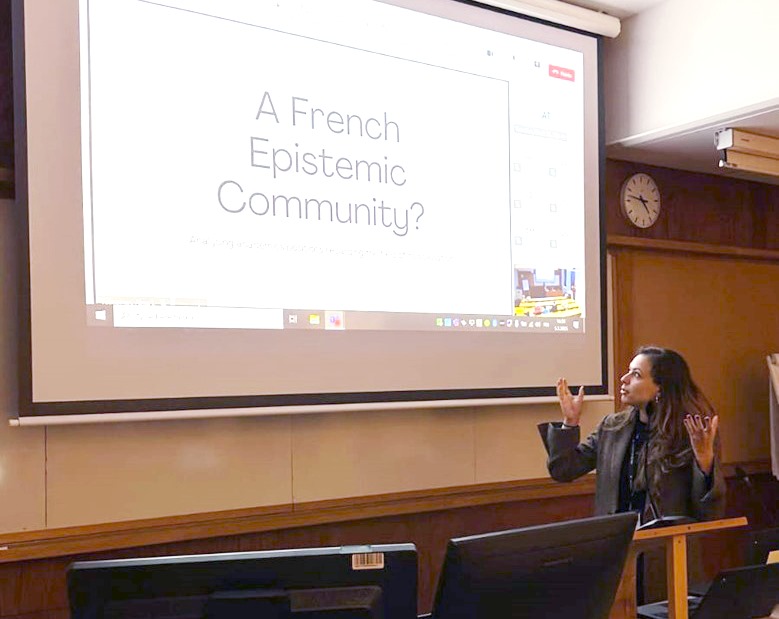From the 5th to the 7th of March, I had the opportunity to attend HEPP5 in Helsinki. On the first day, I presented in a panel created with my two other Vortex colleagues Heidi Piva and Javid Ibad. Luckily, the conference was recorded so anyone interested can take a look at our work.
The panel examines how radicalization disrupts the liberal democratic social contract by focusing on its political, discursive, and epistemic dimensions. The papers address various aspects of radicalization: the shift of center-right parties towards illiberal policies; the use of conspiracy theories as tools of radicalization, particularly in deepening polarization and justifying extremist actions; and a critique of the gap between academic research and policy on radicalization, which reveals how knowledge production shapes discourses and responses. Together, these contributions shed light on how radicalization, populism, and polarization challenge the liberal democratic consensus in contemporary Europe.
On my side, I explain how academic research on radicalization expands and a significant disconnect persists between scholarly findings and political action, sometimes leading to populistic or polarising positions. My work highlights the formation of diverse epistemic communities, of researchers as policy makers, in the case of France, contributing to the understanding of radicalization. Through bibliographic discussions, interviewees reflect on their roles regarding the dealing of the past attacks and more generally on how they have shaped the discourse surrounding radicalization. This reflection, based on a relational approach, uncovers how knowledge and its translation influence both the social contract and its polarisation. By bridging the gap between these two entities, this research aims to foster more informed and effective policy responses to the challenges posed by radicalization, ultimately contributing to a more nuanced and effective approach to this pressing issue.


